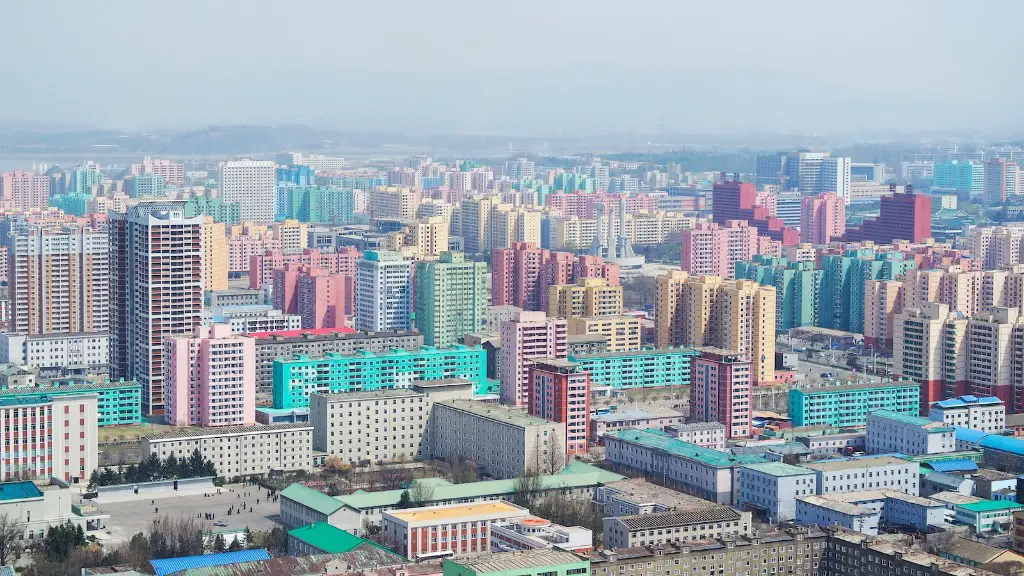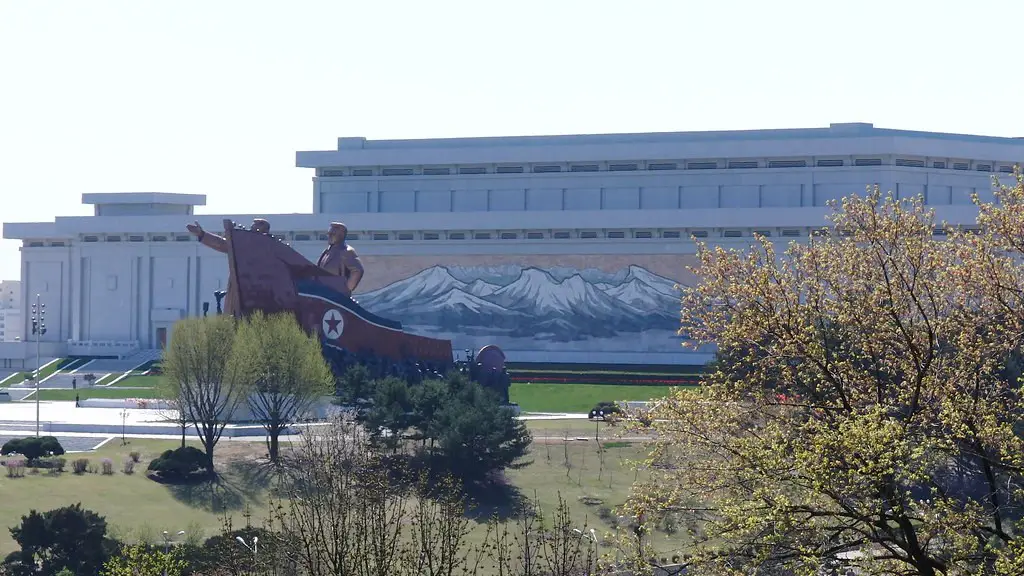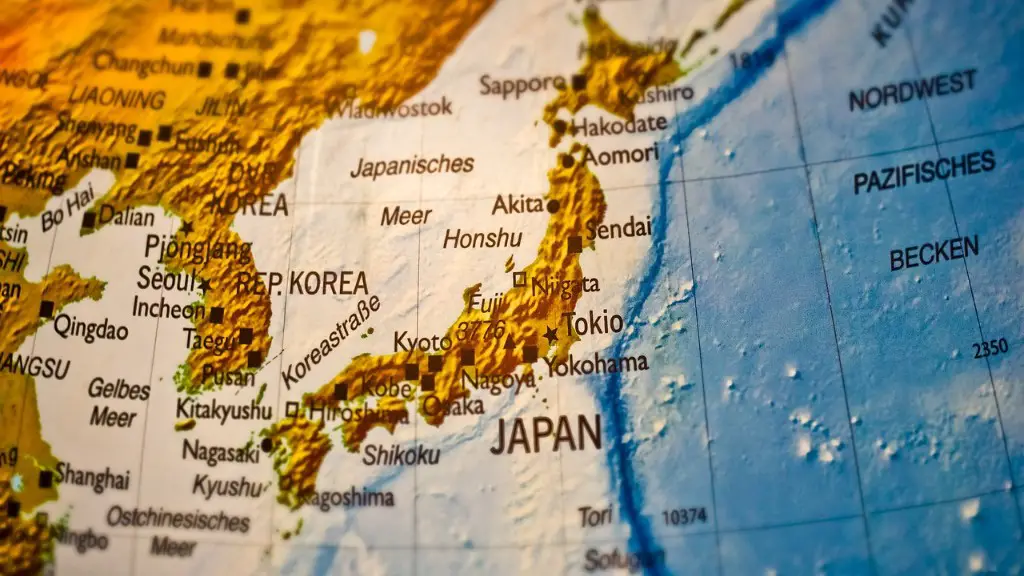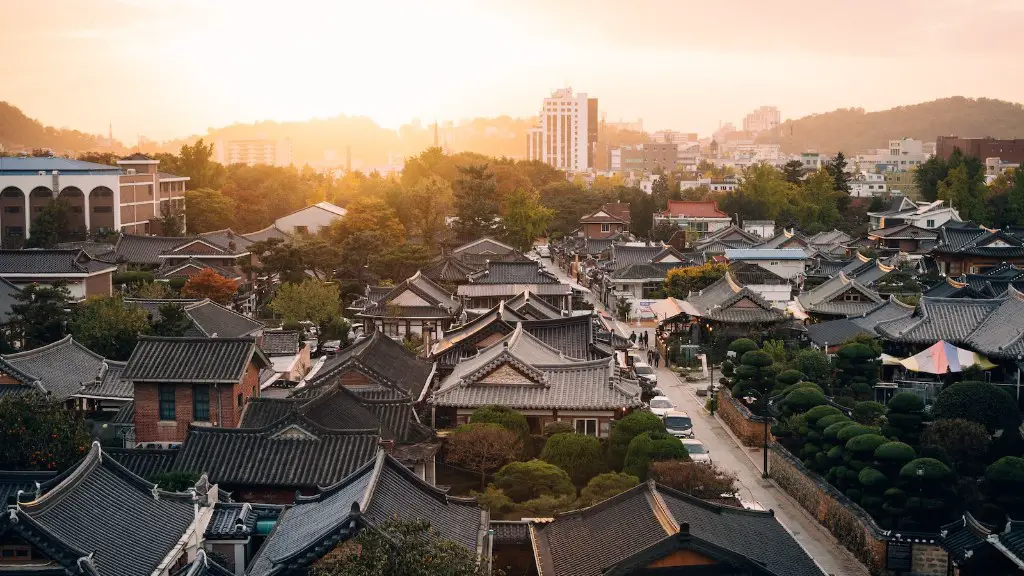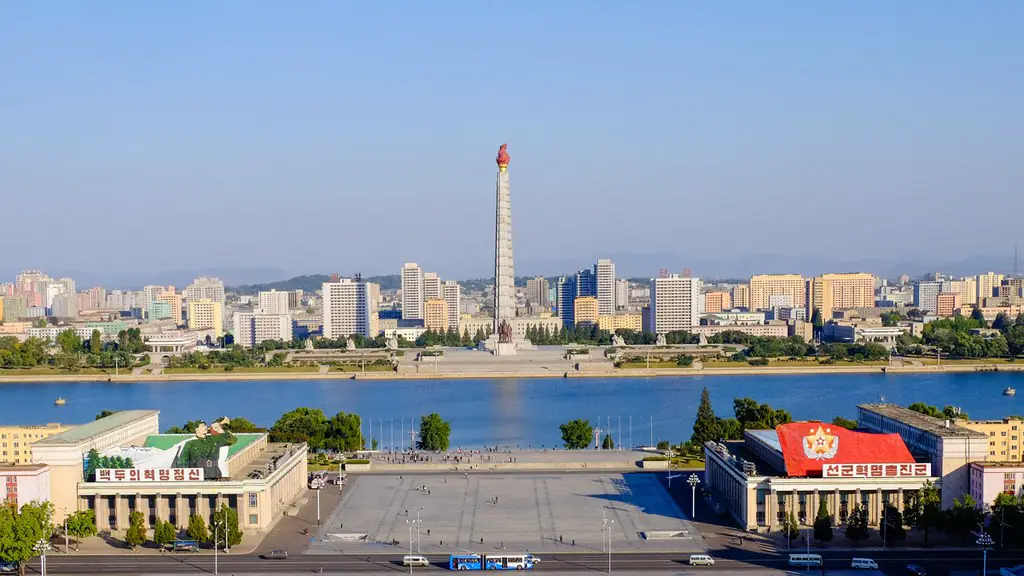What Do Japanese Think Of North Korea?
When it comes to East Asian geopolitics, North Korea is an enigma, cloaked in mystery and suspicion. For decades Japan, its closest neighbor, has viewed the hermit kingdom with a critical eye. Just 80km offshore, Japan stands guard and remains vigilant to North Korea’s unpredictable behavior.
The strained history between the two countries is complicated and often explosive. Japan has condemned the North Korean régime’s persistent human rights violations and involvement in the abduction of Japanese citizens. In turn, North Korea has frequently accused Japan of aggression, particularly regarding wartime history.
A survey by the Japanese Cabinet Office revealed that 73.2% of the population view North Korea unfavorably and only 8% of respondents trust the government. Linguistic differences have also exacerbated existing tensions. According to media reports, the North Korean media have adopted a particular pattern of language, using harsh terms to refer to the Japanese government, Prime Minister Abe and the Emperor.
Furthermore, an analysis of Japanese media focused on North Korea found that out of 466 media reports, 94.0% depict Kim Jong Un in a negative light and 64.1% showed a negative view of the entire nation. Under such coverage, it’s no surprise that the Japanese public has a less-than-favorable opinion of North Korea.
Security is also a major concern for Japan, particularly since North Korea conducted its last long range ICBM test in 2017. This heightened Japan’s perception of a nuclear threat from Pyongyang and it is perceived as a direct threat to its own security. Effectively, Japan sees North Korea as a rogue state, with an unpredictable leader, that blatantly disregards international norms.
On the diplomatic front, the Japanese government has taken a hard line on North Korea and has refused to soften its stance, widely condemning the hermit nation’s nuclear program while supporting US-led sanctions. Japan, along with other countries in the region, appears to be in no rush to pursue friendship with North Korea – Japan views North Korea as a closed society and, as a result, cannot envisage a lasting relationship.
Japan’s Reliance On US Military Power
Japan is reliant on US military power to counter North Korea’s potential aggression. Since the end of World War II, Japan has taken a pacifist stance with regards to military service, instead, reserving this role for the US. Japan views the US-Japan Security Alliance as the cornerstone of its defence and strategic policies.
The US-Japan security alliance has remained strong for decades, despite the post-war turbulence. However, with the recent shift in US politics, the future of the security partnership forms a major source of concern for Japan, as the US may no longer be as committed to the protection of Japan.
To counter this, Japan have also reached out to other states to expand their diplomatic ties and collaborate on military operations. Japan’s pursuit of an offensive military presence has been criticized by China and South Korea, however the pacifist-leaning Japanese population view the move with caution, often perceiving it as a violation of the Peace Constitution that was written after World War II.
Given the recent change in US politics and the unpredictability of North Korea, many Japanese now favor an independent security policy. Former Prime Minister Abe actively pushed for such reform earlier this year but was unsuccessful in gaining the support of the pacifist-leaning politicians.
Differences Of Opinion On North Korea
Despite public opinion, opinion among Japanese politicians and analysts highlight the diversity of opinions in Japan. Some suggest that Japan should take a more conciliatory approach and maintain open dialogue with North Korea. It is argued that this would be beneficial to the resolution of long-standing issues such as the abduction of Japanese citizens in the 80s and 90s.
Other experts believe that dialogue should not be open-ended and should not be attempted without some sort of preconditions in place. They are skeptical of the North Korean régime, believing that talks may not be fruitful due to the difference between North Korea’s view of the world and that of Japan and the other countries in the region.
Similar divisions occur even within the government. The Liberal Democratic Party is more inclined towards dialogue while other parties put more emphasis on sanctions, such as the Japan Innovation Party.
Ultimately, it’s clear that Japan has a love-and-hate relationship with North Korea. The country is both wary of Pyongyang’s reckless behaviour and yet eager to employ some form of openings to resolve the infamous abduction issue.
Japanese Citizens Protests Against North Korea
Citizen protests are one of the ways in which the Japanese population have voiced their concerns about North Korea. In early 2018, several hundred people gathered in front of the Prime Minister’s office to demand stronger sanctions. Other protests have focused on core topics such as the abduction of Japanese citizens, condemned by the Japanese government as a breach of international law.
The protest movement has been bolstered by public figures such as popular entertainer Shintaro Ishihara whose support for the movement gave it added momentum.
Furthermore, civil society associations have been established to support former abductees and their families by providing psychological and legal aid while encouraging anti-North Korean activities.
A notable example is the Group of the Families of Victims Kidnapped by North Korea, which has over 250 members and is led by the prominent abductee Megumi Yokota’s father, Shigeru Yokota. After Yokota’s passing, the group has since become more active, aiming to make the abduction issue a priority of the new government.
Japan’s Economic Leverage
Another area of action has been economic sanctions. Japan has refrained from leveraging full economic sanctions against North Korea but has targeted points of economic exchange that the latter relies on. Some of the targeted areas include export of Japanese machinery, power supplies and agricultural products.
However, many experts are critical of this approach, arguing that these “petty sanctions” lack teeth and that Japan should impose more “serious sanctions” – such as the Yosuke Nagai Plan which advocated Japan establish an economic blockade against North Korea in 2001- which are designed to have a direct impact on the elite ruling class.
The key message from critics is that economic sanctions should be employed judiciously and in such a way that generates maximum leverage for the party that imposes the sanctions.
The Need For International Cooperation
International cooperation is crucial to ensure peace and stability in the region. Japanese Prime Minister Abe, together with South Korean President Moon and Chinese premier Li have engaged in regular trilateral talks to discuss the North Korean crisis. The recent inter-Korean summit has also brought to light a new glimmer of hope that wider cooperation may eventually lead to the resolution of the North Korean crisis.
Such initiatives are supported by the Japanese population who want to see a peaceful resolution to the North Korean crisis. Adding to this is the support of the general public for the current government’s more conciliatory approach to North Korea, as opposed to Abe’s more hard-line stance.
However, it is likely that any real progress on North Korea will depend on the participation of the US and it is yet to be seen whether the US will take a more restrained role in negotiating for a peaceful resolution to the North Korean crisis.
Japan’s Role As A Bridge To Peace
Japan is uniquely positioned to play a facilitating role in the resolution of the North Korean crisis. As the closest regional neighbor and a close ally of the US, Japan can use its diplomatic capital to ease the transition from a hostile and isolated North Korea to an open society – with Japan playing the role of mediator.
In order to ensure success, it is imperative that Japanese politicians involve private interest groups and the general public. Negotiations should aim to find a way to both uphold the values of dignity and human rights while ensuring stability in the region.
While many challenges lie ahead, the future remains uncertain and gradual shifts in Japan’s attitude towards North Korea will shape the outcome of the current North Korean crisis.
Intercultural Communication
A crucial factor that will aid the progress of the negotiations and strengthen links between Japan and North Korea is intercultural communication. Language and culture play a crucial role in determining how each party perceives the other.
Intercultural communication is nuanced and delicate, requiring careful consideration and understanding in order to bridge the large cultural gap between Japan and North Korea. Both sides need to understand the differences between their cultures and learn to appreciate the other’s point of view and opinions in order to build a mutual understanding.
Cultural exchange initiatives, such as those sponsored by the Asiatic Research Centre at the Seinan Gakuin University, should focus on creating a safe and conducive environment for intercultural communication, by engaging both Japanese and North Korean citizens in interactions that can help promote dialogue and understanding between the two countries.
The Road Ahead
Recent developments, such as Kim Jong Un’s invitation to President Moon of a summit in Pyongyang and President Trump’s acceptance of a US-North Korea summit offer a glimmer of progress. Japan and other countries in the region are feeling optimistic and are embracing the changes with cautious optimism.
Despite the optimism, the road ahead remains uncertain and unpredictable. North Korea’s stance on nuclear weapons and human rights remain areas of concern and it is yet to be seen whether North Korea will make any real concessions.
Japan has a strong vested interest in the current North Korean crisis and continue to stand with the other nations of the region in pursuit of fundamental human rights, security, stability and lasting peace for all of East Asia.
